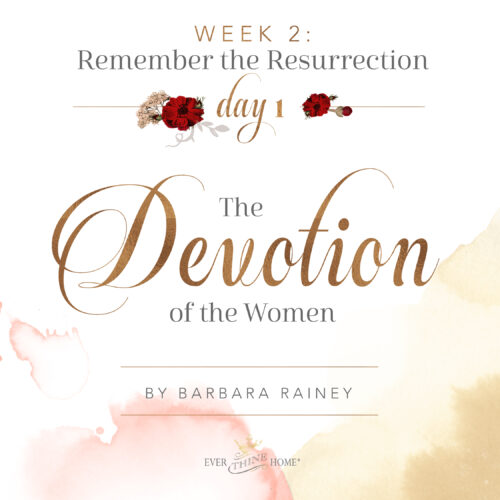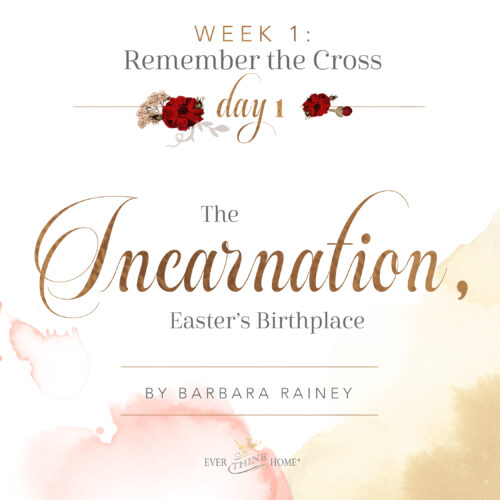
It was 2004, and I was seven months pregnant with my first child when I lost my job.
Stunned and fretful over more than the insurance I’d need for my delivery, I still recall distinctly the conversation of two mentors that sat with my husband and I praying at the table that week: We pray that in all this, like Job, they would not sin with their lips.
True story: I lost my voice entirely for the next two weeks. (That should tell you something about the nature of my verbal little heart.)
I am captivated by this gift—and curse, at times—of words, empowering us with this unthinkable ability to offer life or death. The late neurosurgeon Paul Kalanithi, in his recent blockbuster When Breath Becomes Air, writes of the two areas of speech in the brain:
If both areas are damaged, the patient becomes an isolate, something central to her humanity stolen forever. After someone suffers a head trauma or a stroke, the destruction of these areas often restrains the surgeon’s impulse to save a life. What kind of life exists without language?[1]
Words tether one human being to another. They are, in many senses (but not all) our relationship, the vibrant, many-threaded cord between us.
And it’s part of what keeps turning my head at Christmas: Word of the Father, now in flesh appearing. That this God, whose own word is powerful enough to summon life from less-than-air, would send spiraling out from Himself One who “pitched His tent among us”, we’re told in John 1. That He intensely, in 1000-watt technicolor, related to us in our self-imposed isolation, pouring forth language.
The Word became flesh and blood, and moved into the neighborhood (John 1:14, MSG).
In Jesus, God jumpstarted the eternal conversation: “The messenger of the covenant in whom you delight, behold, he is coming, says the Lord of hosts” (Micah 3:1). He is the ultimate conduit between us and an otherwise unreachable God.
What kind of life exists without language?
Christmas, at last, screams you are never, ever alone. I am with you. Always.
Intriguingly, restoring our vertical connection with God also begins to quietly heal our horizontal connection with each other. It begins to heal, too, these words we have spoken (or failed to speak) between each other. As the Word penetrates us, life seems to creep outward in us, restoring and renewing us—and our relationships.
Wherever He finds you this Christmas, may you sense the Messenger ready to meet you in conversation.
[1] New York: Random House (2016), p. 109. Kindle edition.




Pingback: The Stories We Tell Ourselves - A Generous Grace
So inspiring!!!
I completely agree, Karen…I love meditating on God in this way. Merry Christmas to you and your family!
I ann struggling right now with anxiety about my son. Please pray for him and his wife. Pray that prayers will be answered according to God’s will. Thank you!
Nicole, thank you so much for sharing what’s on your heart. I’m praying for your son, his wife, and you right now.